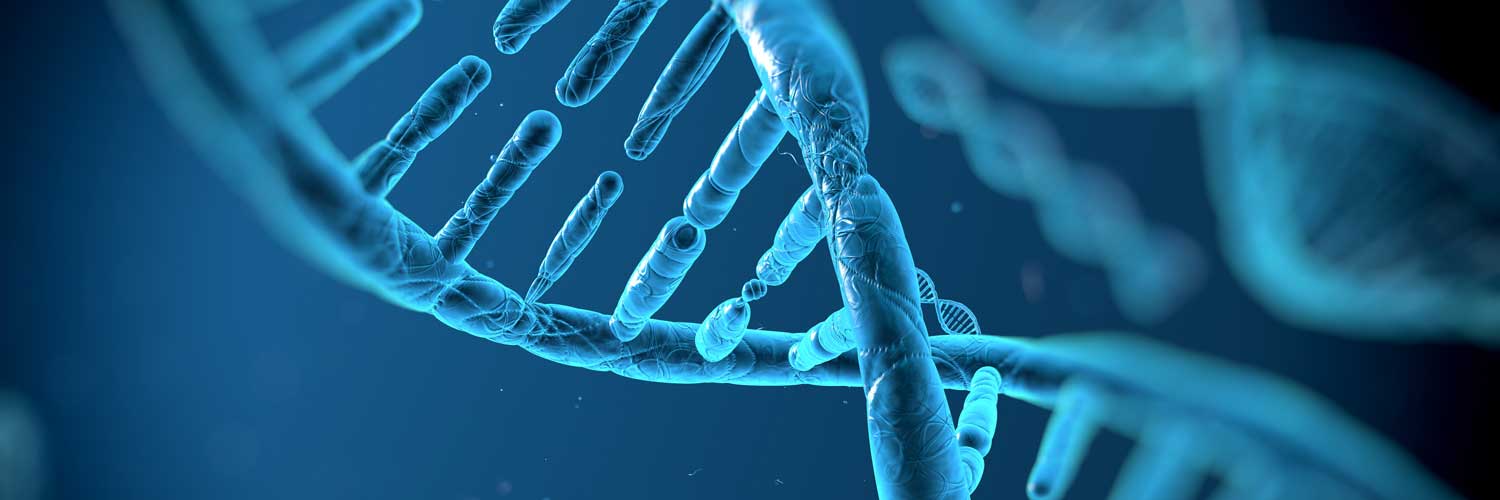Key points of preimplantation genetic testing (PGT)
- Preimplantation genetic testing evaluates embryos developed during in vitro fertilization (IVF) in order to detect, before uterine implantation, genetic conditions that can affect the resulting child’s health and survivability.
- PGT is also very useful in conjunction with IVF because one of the major causes of pregnancy failure is genetic problems identifiable in the embryo.
- The test is performed via a biopsy of an embryo at the blastocyst stage, involving the removal of a few cells from the outside of the embryo.
- The three types of PGT are: PGT-A (formerly known as PGS) checks for abnormal number of chromosomes (aneuploidy) that can result in conditions like Down syndrome; PGT-M (formerly known as PGD) evaluates for single genetic disorders such as cystic fibrosis; and PGT-SR tests for disorders that rearrange normal chromosome structure, often resulting in miscarriage.

At Ember, everyone is a VIP – very important patient
And we have a thing for the small things: Each Ember patient gets a dedicated fertility coordinator, a patient’s personal care guide through every clinic detail, from the very first phone call to meeting your little miracle.
What is preimplantation genetic testing?
Preimplantation genetic testing is a specific type of genetic testing that is only possible to perform on embryos created in the IVF process. PGT evaluates the embryo in the lab for a variety of genetic disorders before implanting an embryo in the mother’s womb for pregnancy. In the context of IVF, it is common for patients to have multiple embryos. PGT helps our embryologist select the embryo(s) that is free from genetic issues.
These problems include single gene disorders parents can pass on to their children and embryos having only one or more than two chromosomes in a pair, which is called aneuploidy. In addition, PGT can detect when chromosome material in the DNA is corrupted by rearrangement. (See more info on test specifics below.)
All of the above conditions can result in pregnancy failure as well as the death or disability of a child. This is true in natural pregnancies and in IVF pregnancies – but IVF embryos can be tested via PGT to minimize the chance of that occurring.
A similar type of testing for genetic abnormalities during pregnancy can be accomplished by other means, such as amniocentesis. This invasive test uses a hollow needle to extract material from the fetus after 15 weeks of pregnancy. This material is then evaluated for genetic issues that can cause the same problems PGT seeks to ascertain before pregnancy.
It should be noted that PGT is different from preconception genetic testing, or screening. That type of genetic testing is done before attempting pregnancy to evaluate parents’ DNA for the presence of genetic conditions they can pass on to their child.
Our fertility specialist Dr. William Freije has a doctorate in genetics and can help patients with preconception genetic counseling. Ember also can assist patients in arranging preconception genetic testing from an outside laboratory.
PGT embryo biopsy procedure
The embryo biopsy process is performed in our lab and involves removing a few cells from the blastocyst’s trophectoderm, which forms the placenta. Cells that will become the fetus are not used.
We send the biopsy to an outside lab that tests the DNA. The lab uses advanced next generation sequencing that utilizes computer power with molecular evaluation for the most precise information.

Our approach to recommending PGT
Ember offers our patients PGT along with time-lapse incubator technology, which helps identify any issues in embryo development. Those who should consider PGT include:
- Women who are 35 or older, as advanced maternal age increases the risk of genetic defects in embryos.
- Those couples or individuals who have had recurrent miscarriage because of abnormal chromosomes.
- Couples with a known, or suspected, risk of passing along inheritable genetic disease.
Preimplantation genetic testing for aneuploidy: PGT-A
People have 23 pairs of chromosomes (one from each parent) for 46 total. When a sperm or egg cell doesn’t divide properly, it can result in too few or too many chromosomes (called aneuploidy). PGT-A screens for this issue. The risk of aneuploidy increases with age and is a major cause of implantation failure and miscarriage in IVF or natural efforts to have a child. It is also a major cause of birth defects in a child.
Too few chromosomes is called monosomy, and too many is called trisomy. All but one form of monosomy is fatal for a child. A child can sometimes survive trisomy but develop harmful conditions such as Down syndrome, which affects 1 in 700 births. Other chromosomal conditions PGT-A can detect include Patau syndrome (trisomy 13), Turner syndrome, Klinefelter syndrome, Edward’s syndrome (trisomy 18), among others.
We recommend PGT-A for:
- Those with a previous aneuploidy pregnancy or birth.
- Unexplained infertility diagnosis.
- Women who have had previous failed implantation.
- Women over age 35.
- Those experiencing recurrent miscarriage.
PGT for monogenic disease: PGT-M
PGT-M detects disorders caused by a single gene (monogenic disease). One or both parents may have one of these genes that may be passed to a child. Similarly, one or both parents may have a family history of a monogenic disease. Either case increases the risk of a child born with the same disease.
PGT-M looks for a variety of single gene disorders including cystic fibrosis, Fragile X syndrome, sickle cell disease, muscular dystrophy, Huntington’s disease, the BRCA1 & 2 mutations that can cause cancer, and others.
We recommend PGT-M for parents known to have or suspected of having the above conditions. Alternatively, in cases where both partners (including intended parents and donors) share the same recessive gene, PGT-M may be considered. However, we strongly advise undergoing carrier screening and genetic counseling before arriving at a decision.
PGT for structural chromosomal rearrangement: PGT-SR
While other tests look at the number of chromosomes, PGT-SR evaluates embryos for an abnormal chromosome arrangement. For example, segments of chromosomes can break off and reattach either in the wrong way (e.g., inversely) or to a different chromosome section altogether. These rearrangements may or may not directly affect an individual’s health but they do increase the risk of an embryo having the wrong amount of chromosome material. This often results in a stillbirth, miscarriage or a child with serious health issues.
PGT-SR looks for Robertsonian translocation, reciprocal and nonreciprocal translocations, and chromosome inversion. We may recommend PGT-SR for those experiencing recurrent miscarriage.

No detail too small
- Ember offers a high-tech approach to fertility care that sets us apart from other clinics.
- Our state-of-the-art laboratory equipment and techniques ensure the highest quality embryos for transfer.
- We use cutting-edge diagnostic tools to identify any underlying conditions that may impact fertility and inform personalized treatment plans.
- By combining advanced technology with our personalized approach to patient care, we create the best possible outcomes for our patients.
Benefits of preimplantation genetic testing
Preimplantation genetic testing can help parents with IVF embryos decrease implantation and pregnancy failures, as well as having a child with a birth defect. PGT can help couples avoid the need for repeated infertility treatments.
For example, if they have multiple embryos and none are genetically normal, they may undergo several attempts at embryo implantation that fail. PGT could help decrease that emotional distress and cost.
Knowing if multiple embryos are genetically viable can allow a couple to confidently store embryos for a future pregnancy. Family balancing is another benefit of PGT.
A couple with multiple embryos may have two male children already and want a girl for the next child: PGT can detect the gender of embryo by looking at the sex chromosome. Ember counsels patients to use PGT for family balancing only if they would not be satisfied with whatever sex mother nature might provide them with in a child.
Related Reading: Sex selection with PGT
PGT risks and considerations
PGT does carry some risks. Ember offers PGT only for frozen embryos, and that process of freezing and thawing can damage an embryo. The biopsy itself carries a small risk of damaging the embryo.
Another risk is the chance of false positives or false negatives in the testing. This can result in implanting an embryo thought to be genetically healthy that actually wasn’t. Conversely, it can result in not implanting a healthy embryo that falsely tested negative for genetic health.




